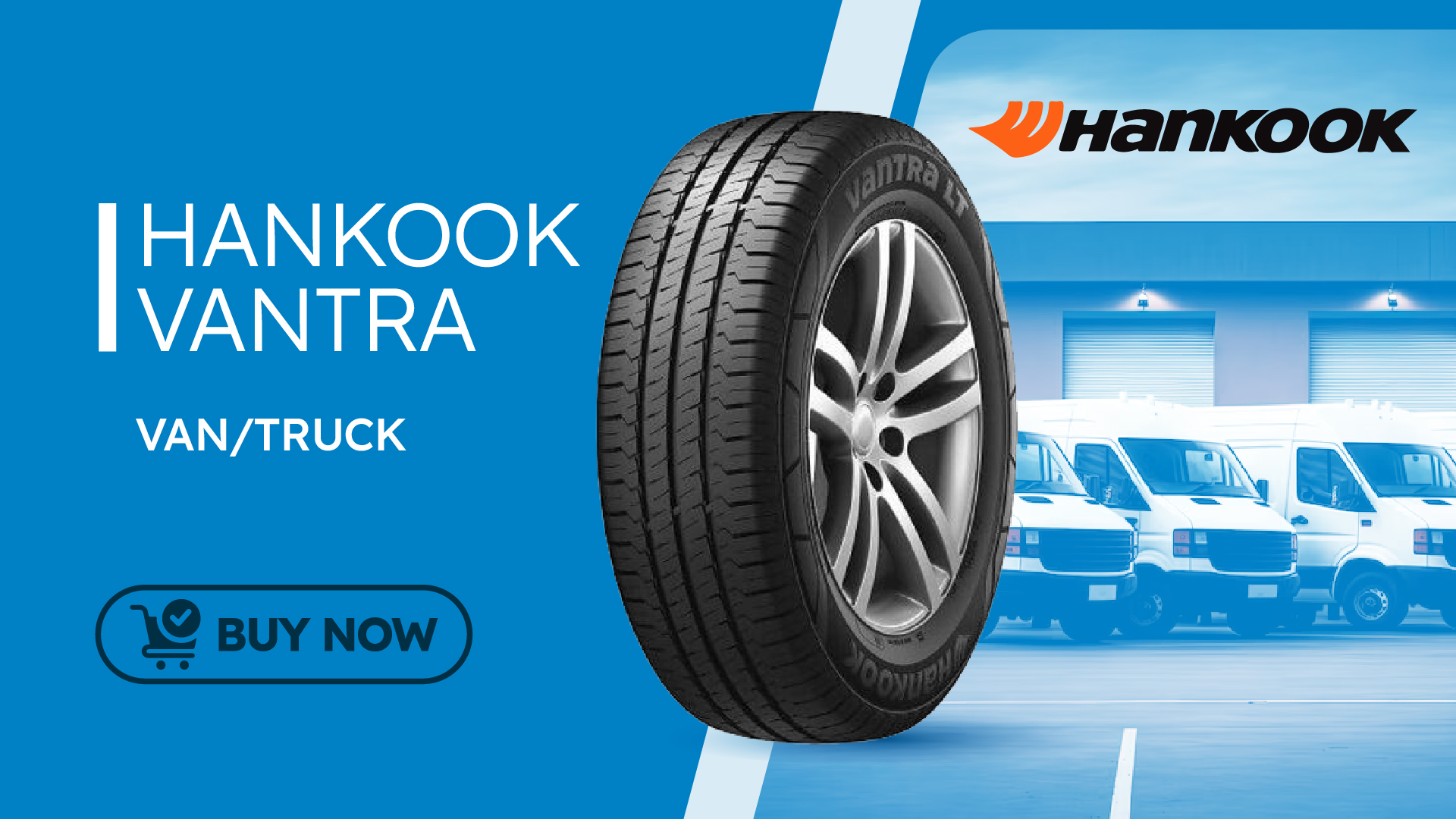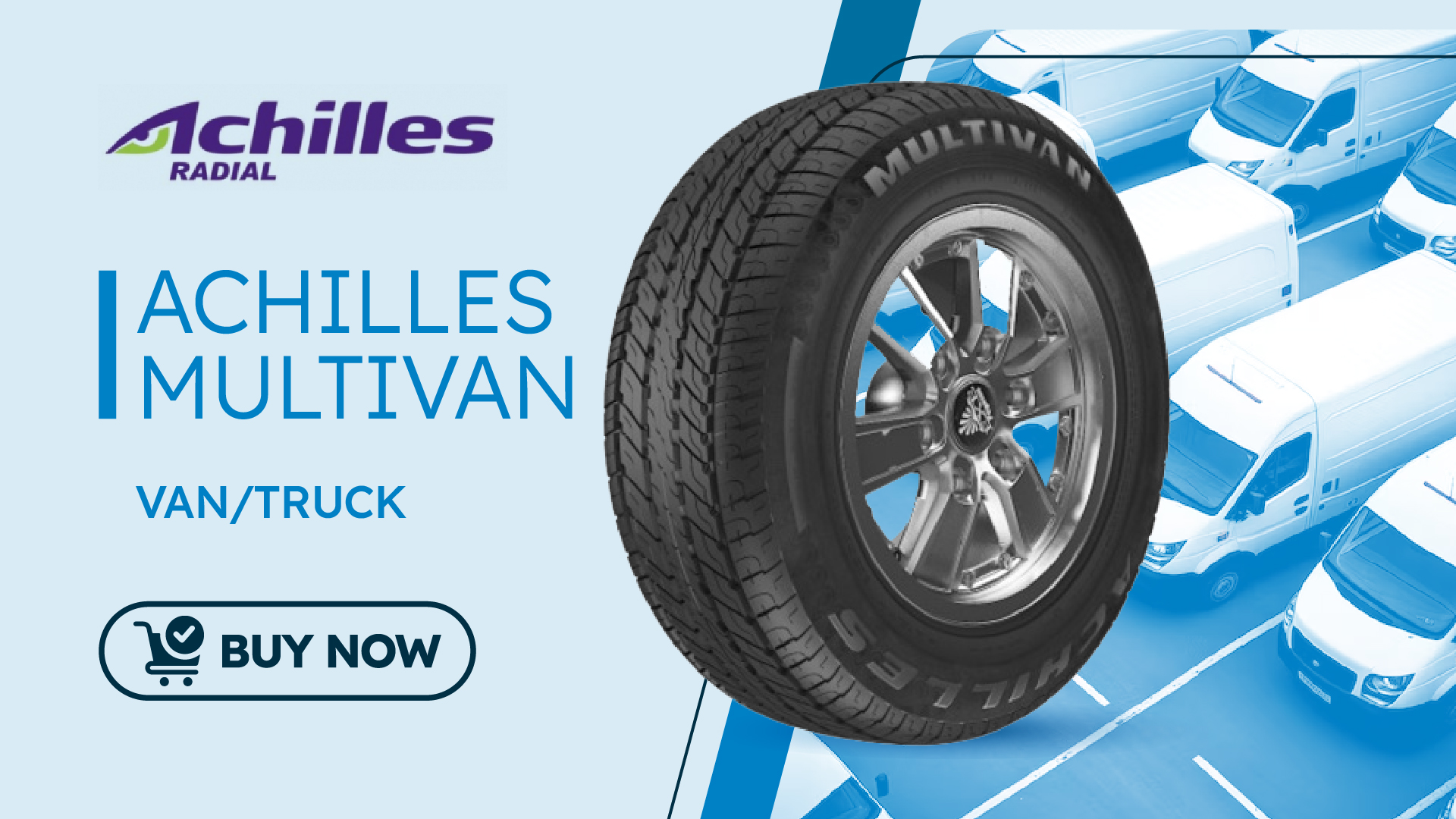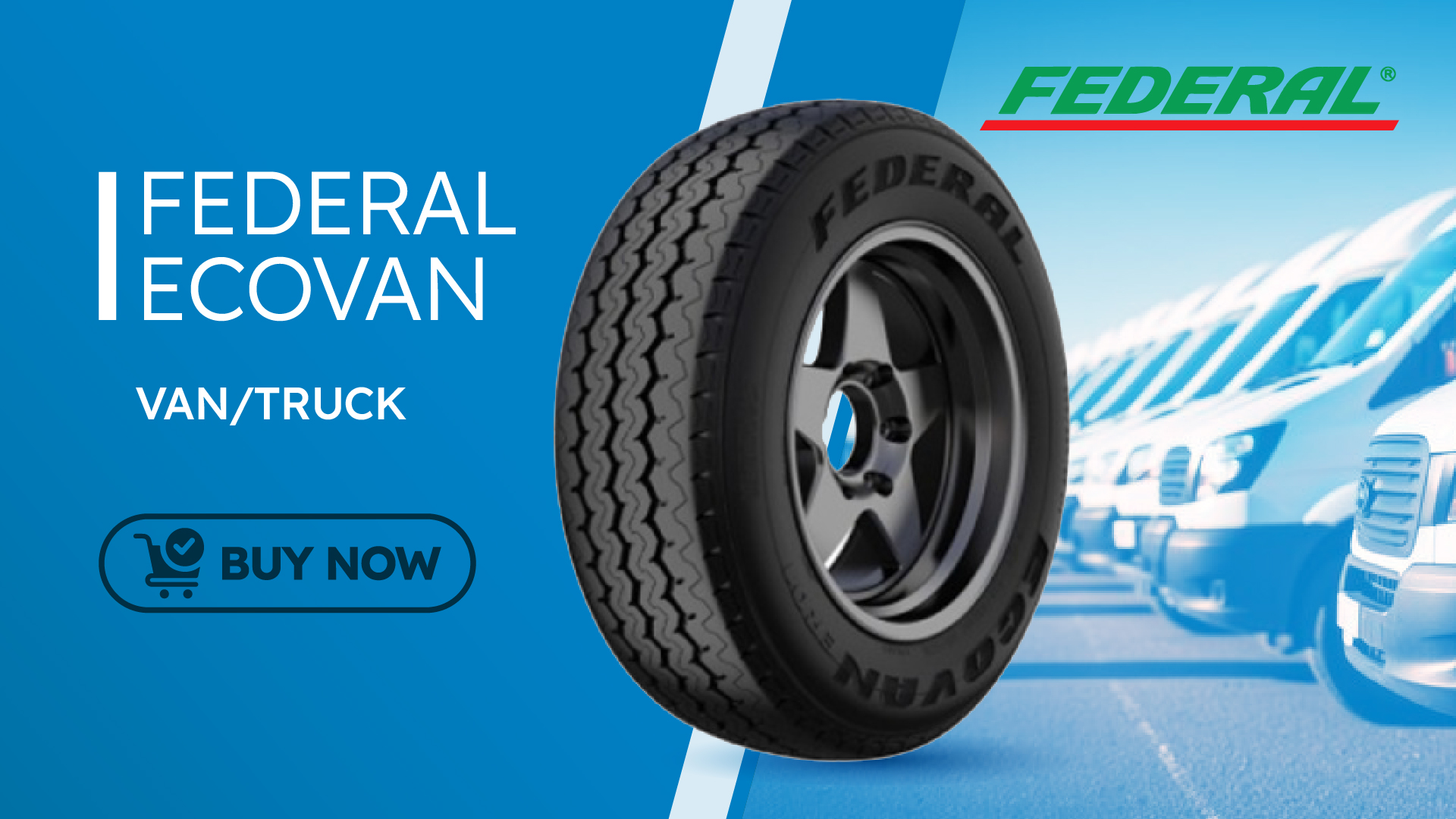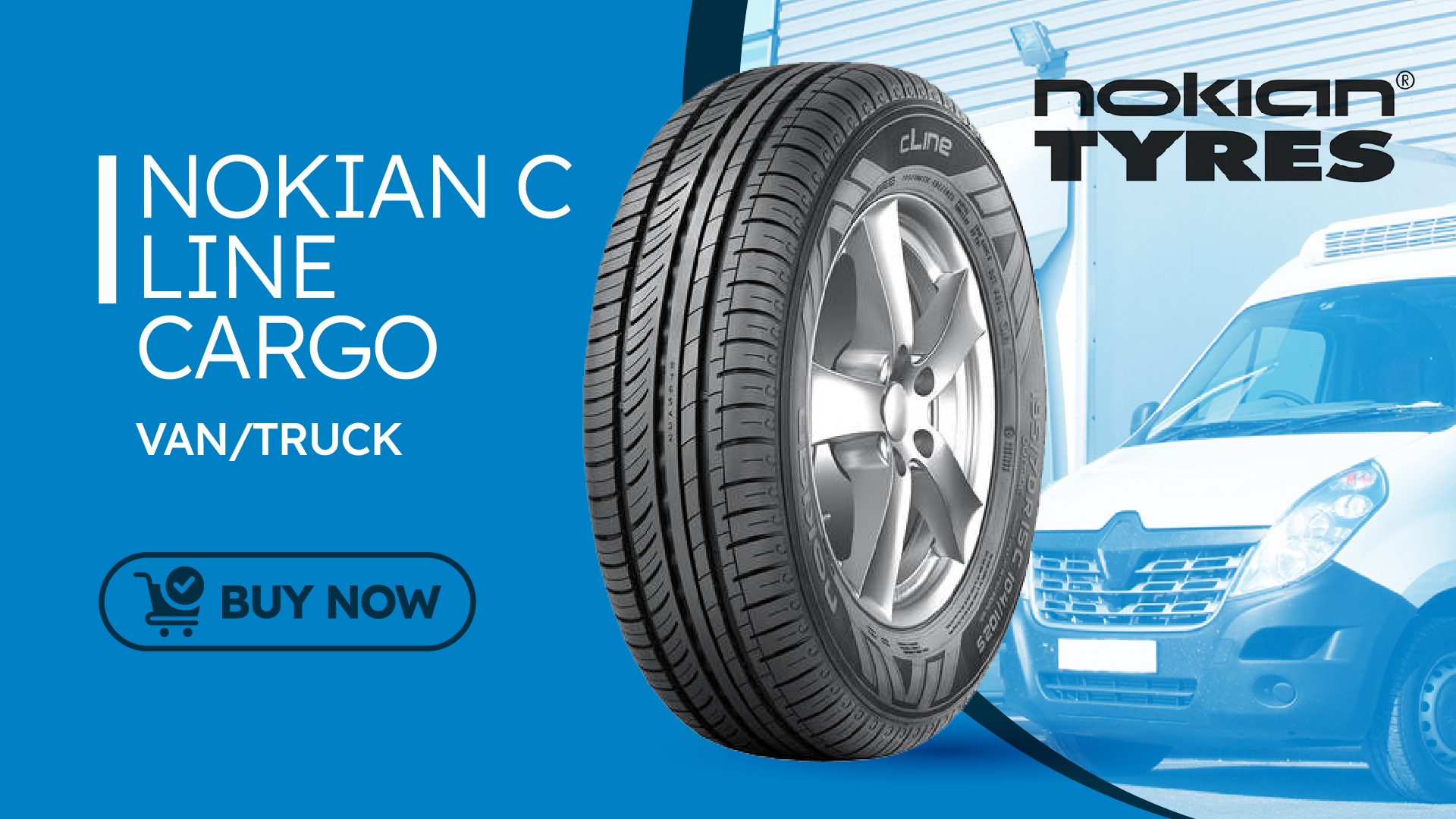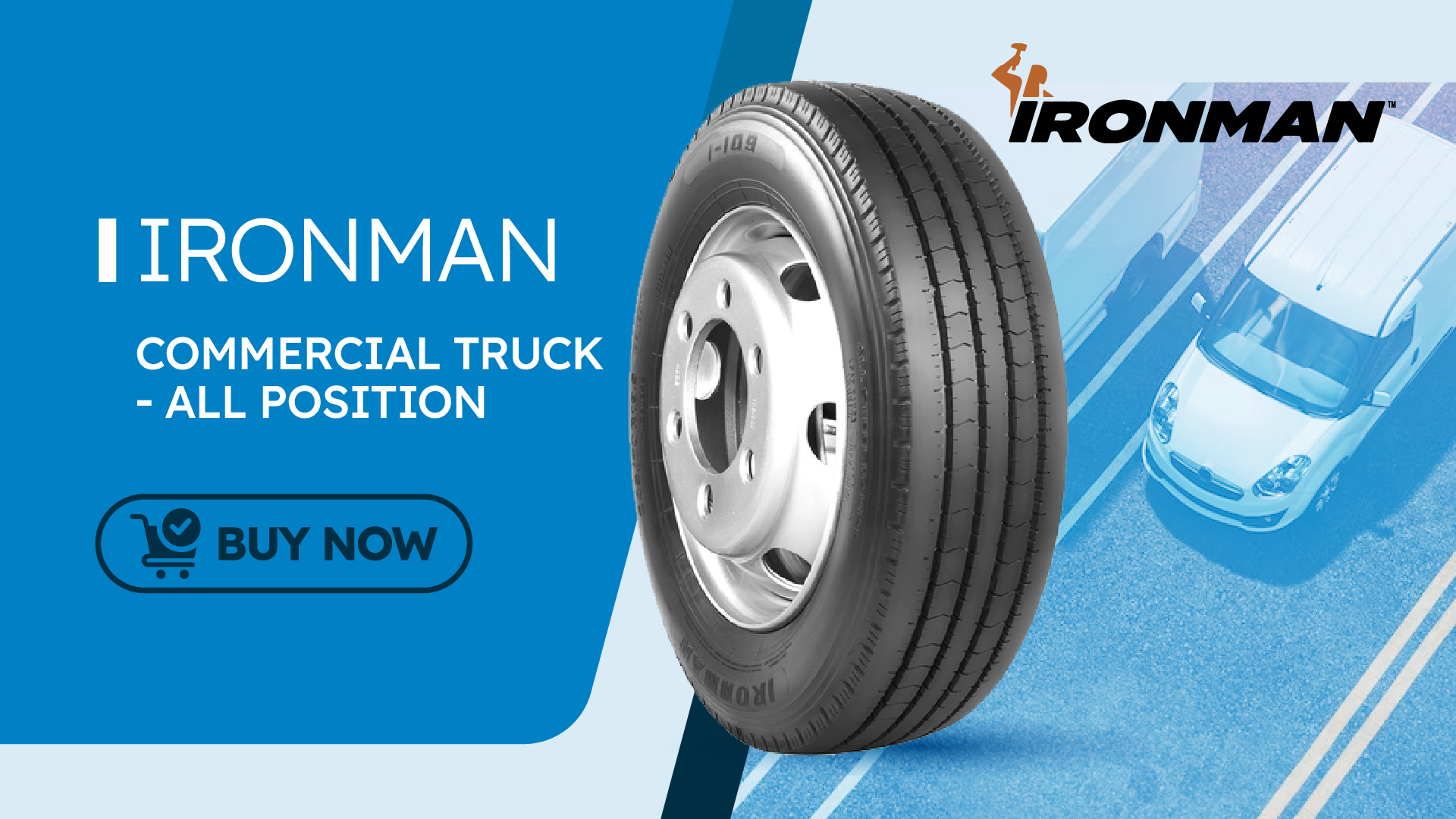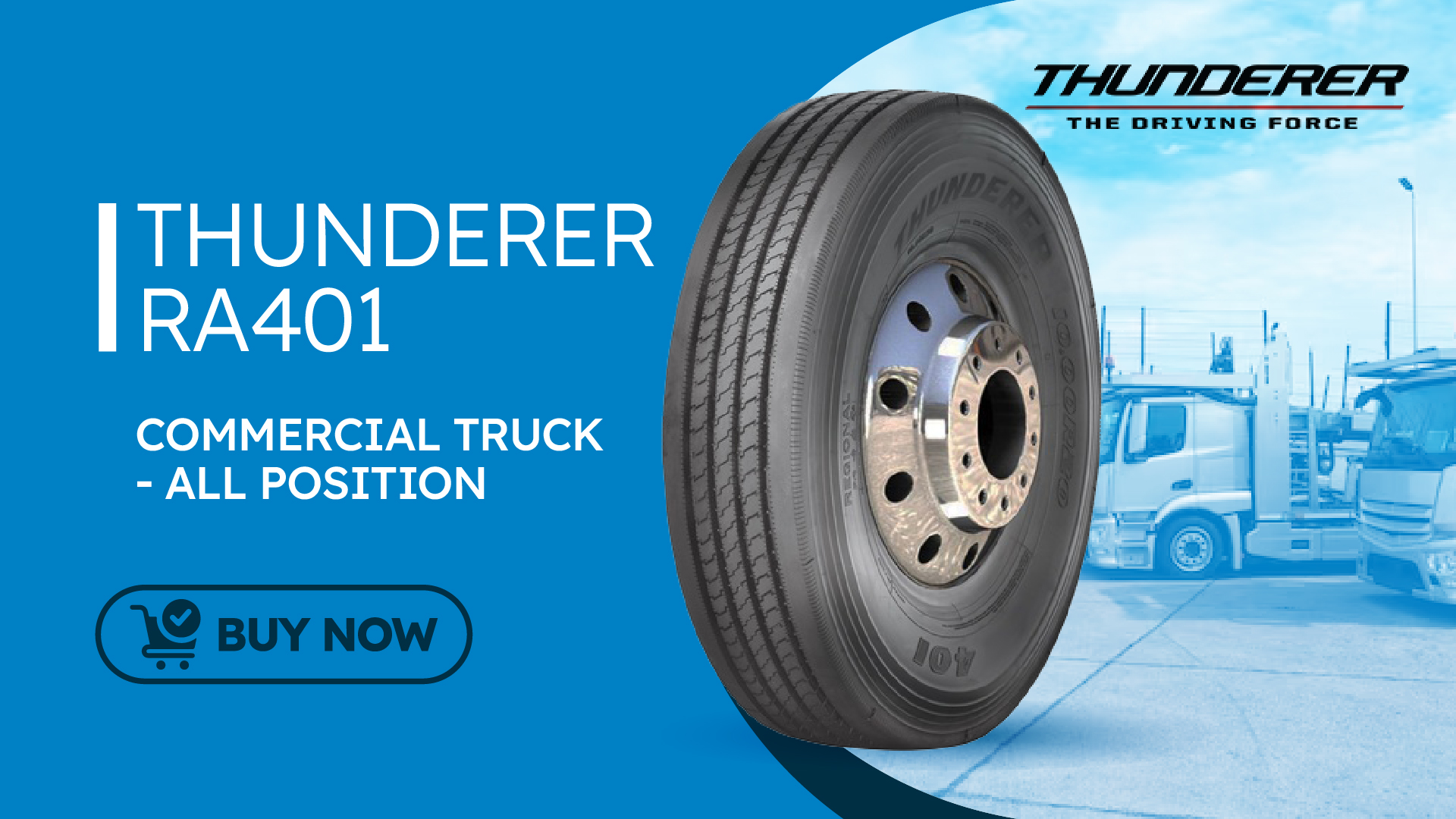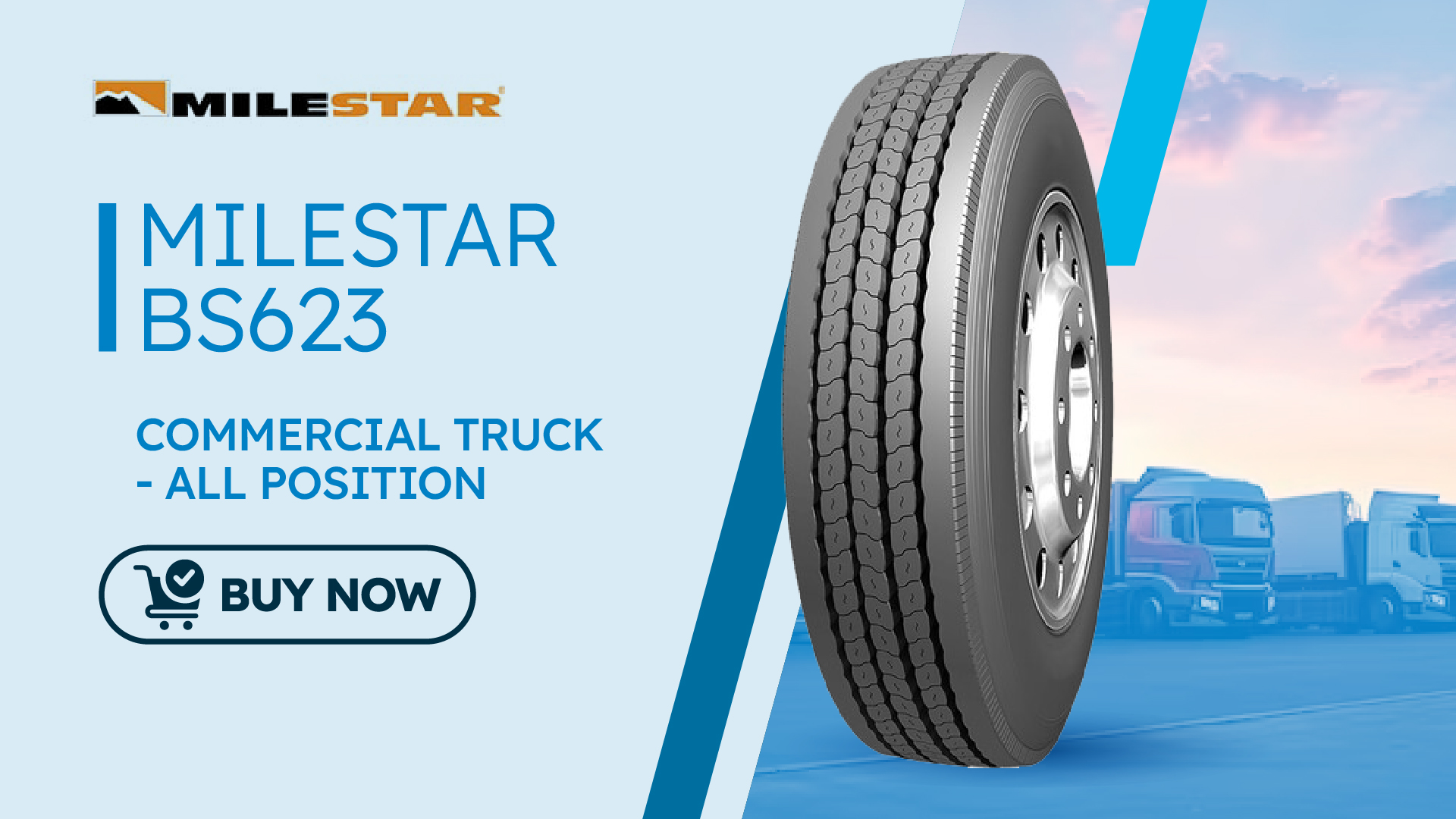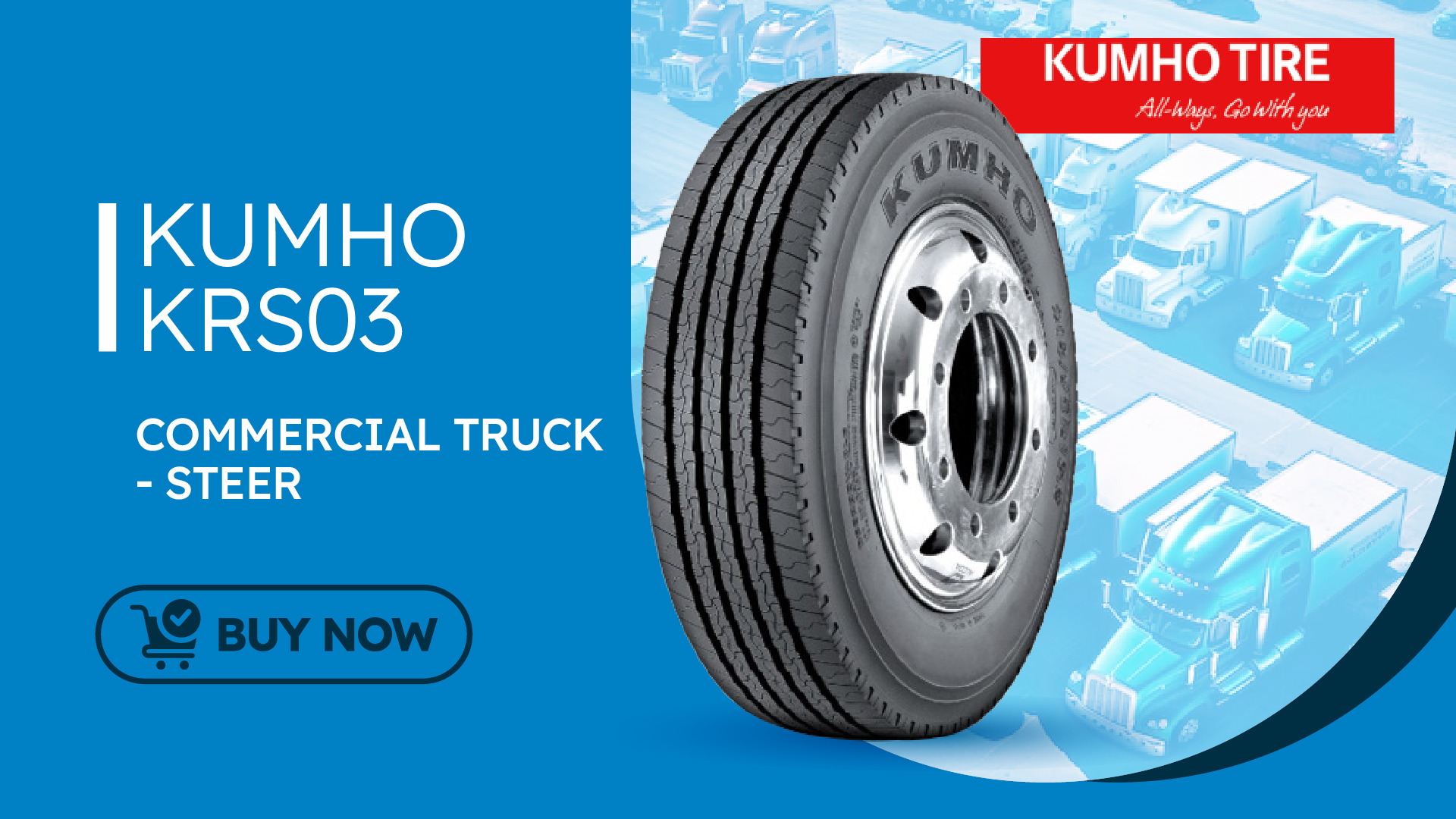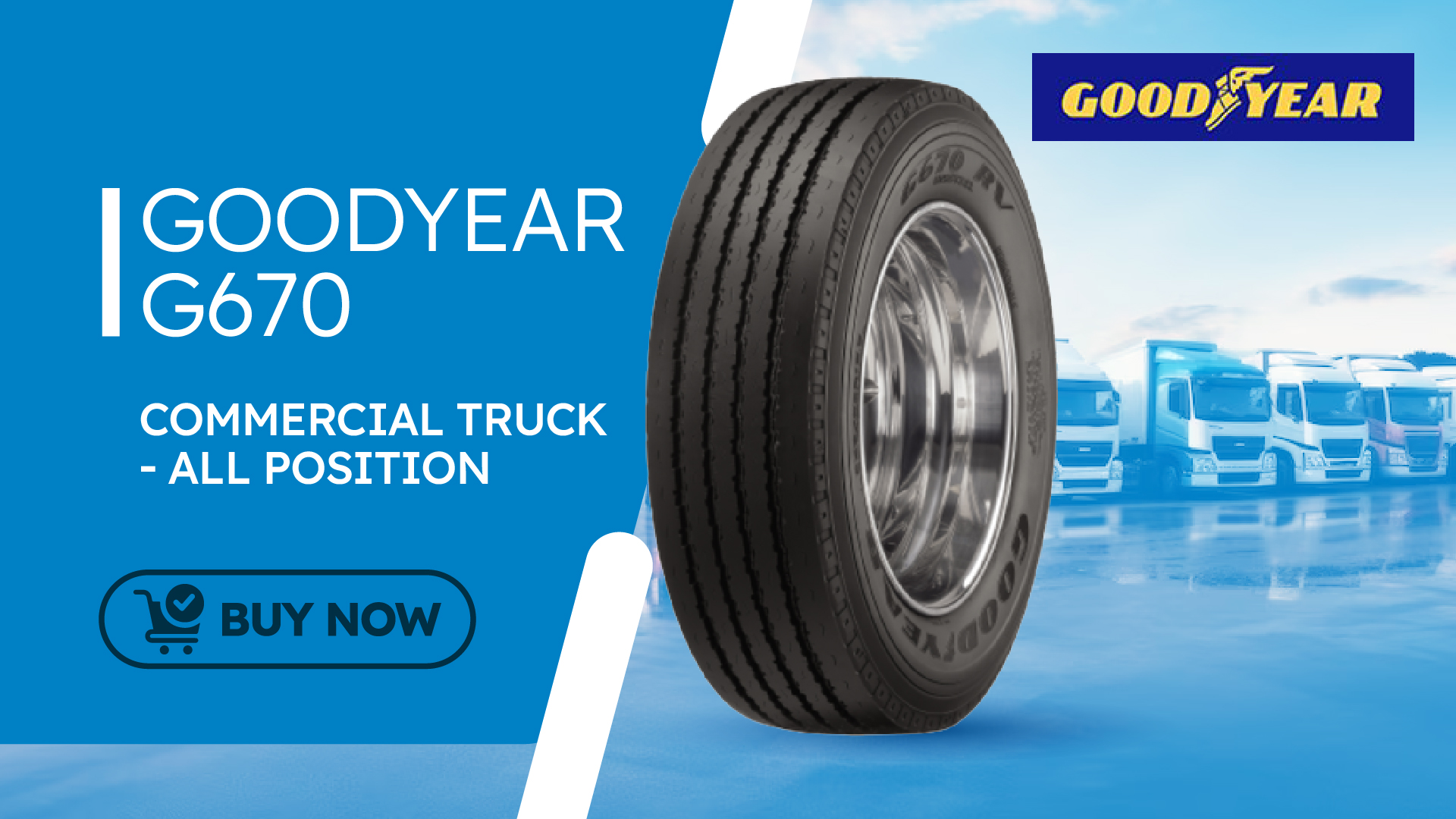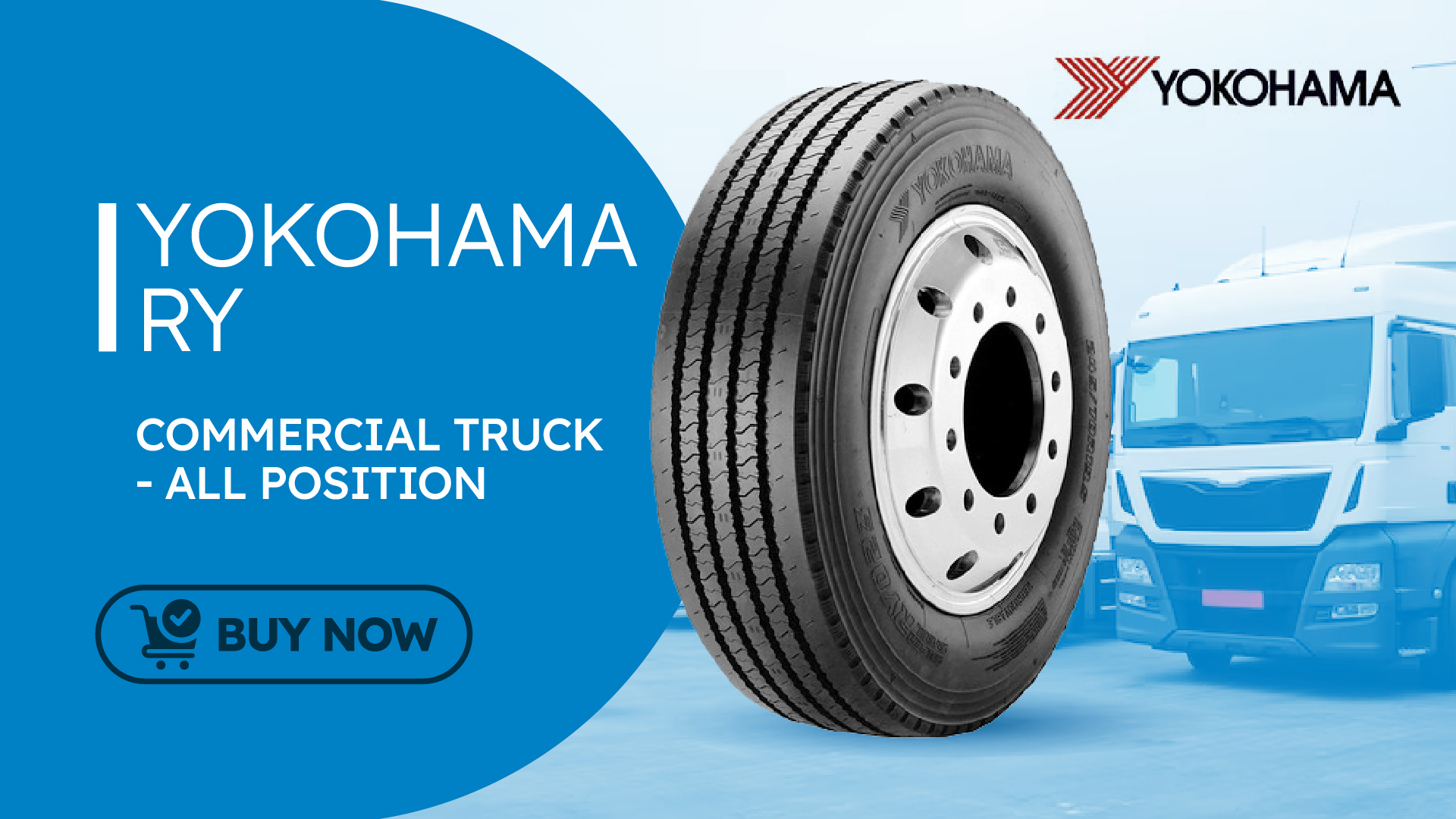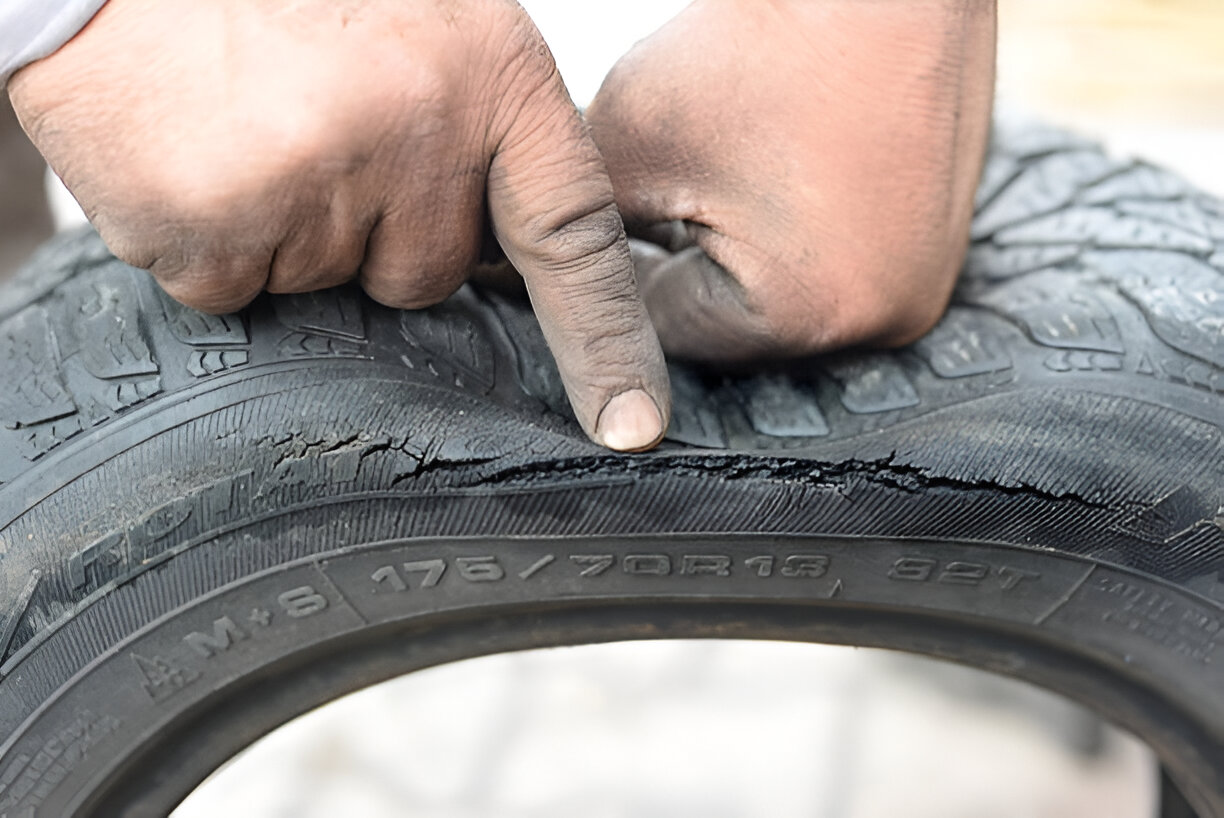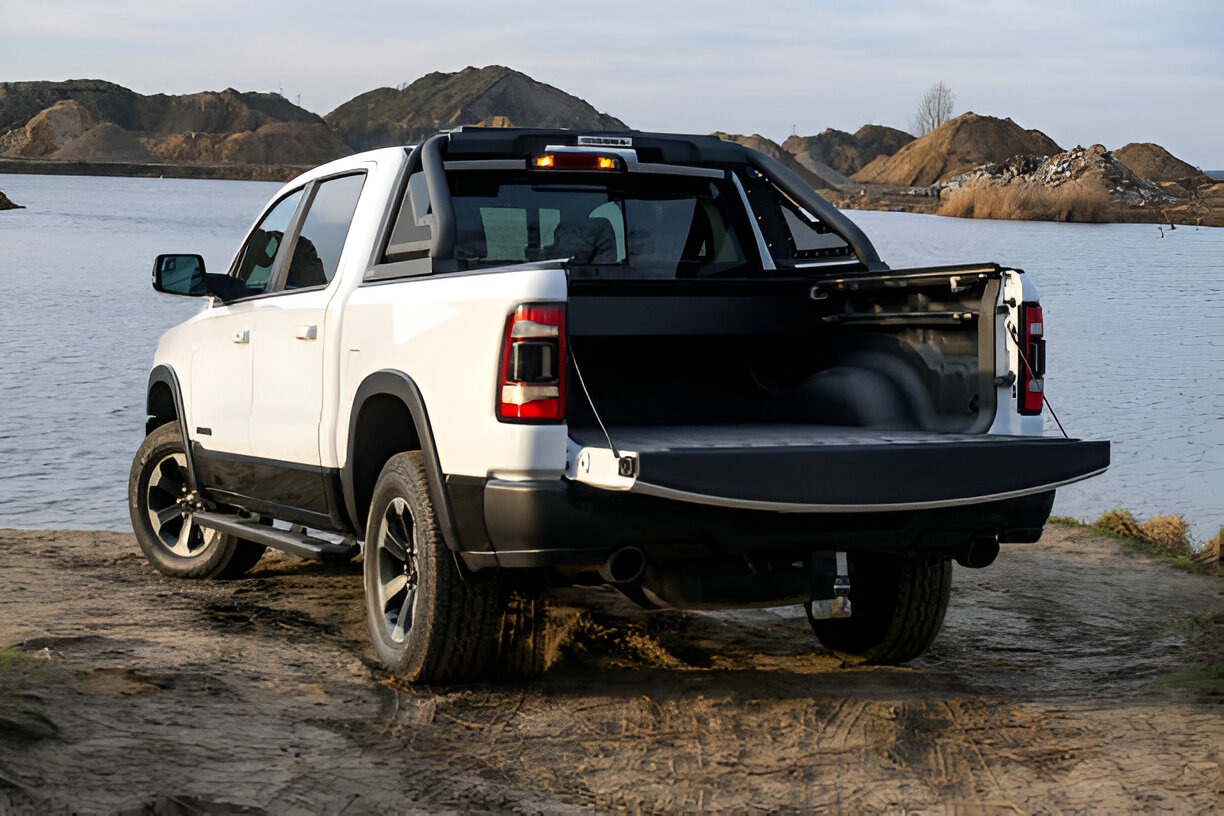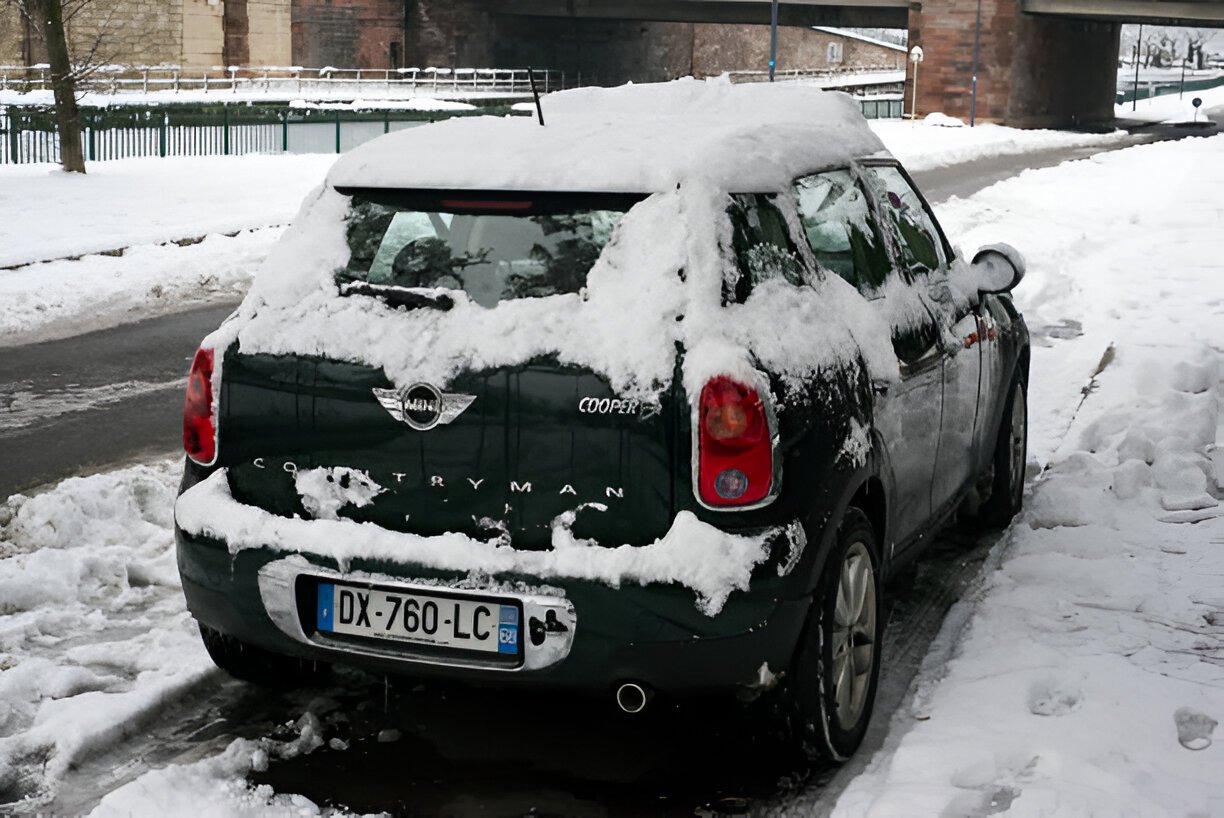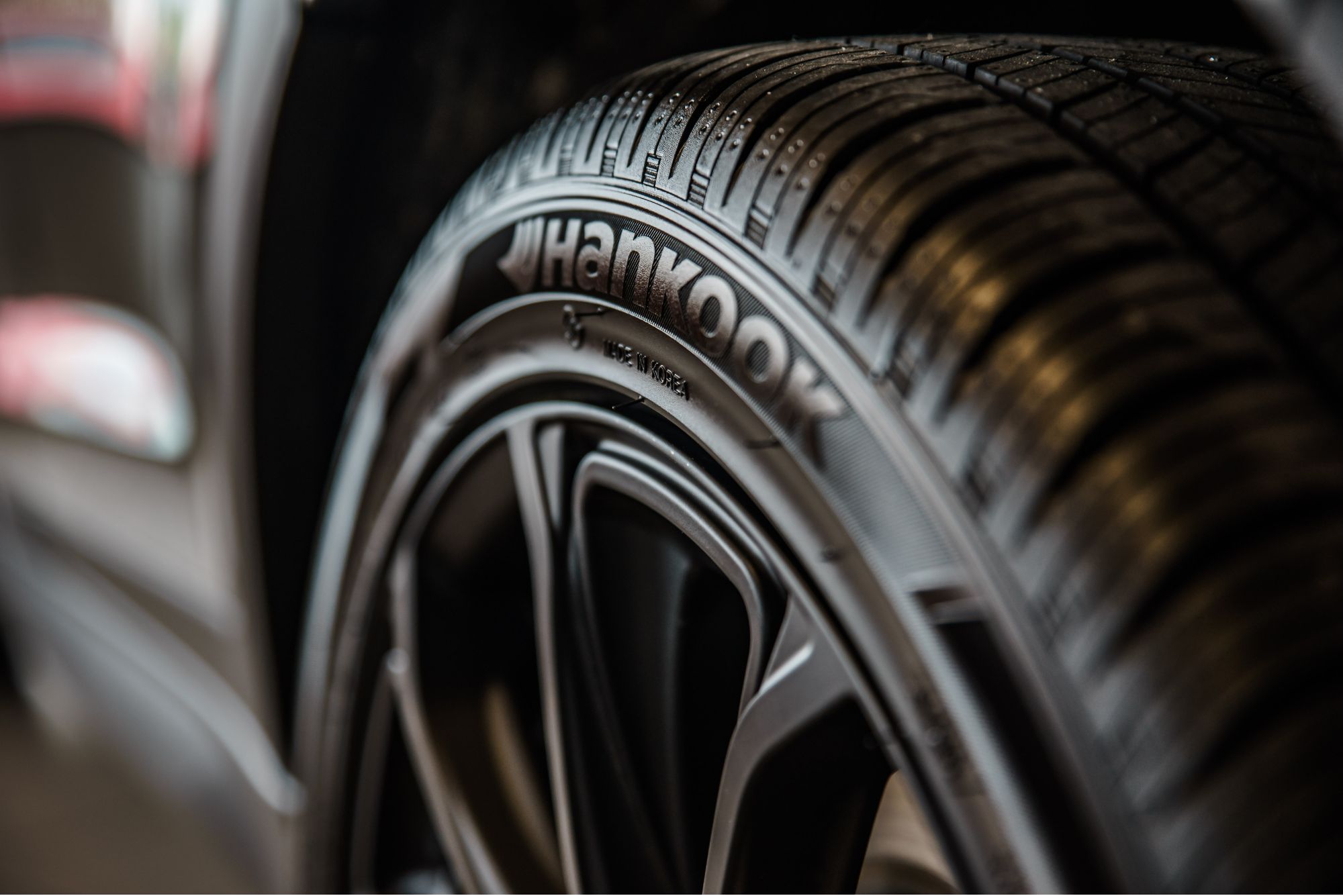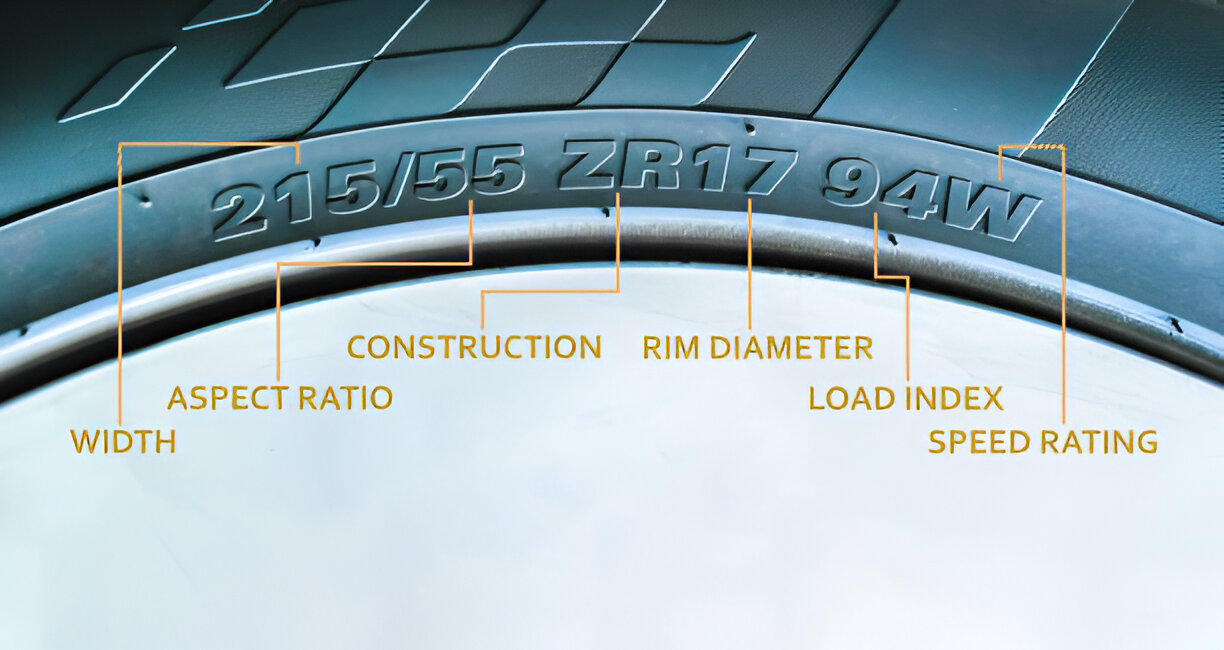Last Updated on August 6, 2025
Choosing the Best RV Tires for Your Adventures
Buying the correct set of RV tires involves many different factors.
Do you know how much weight your RV tires can hold?
Have you ever considered how tires affect your motorhome and its ability to take road trips nationwide?
Recreational vehicles require a lot of attention – with the tires often being one of the most overlooked aspects. The tires are essentially the foundation of your RV or motorhome. To maximize the experience, you must approach the buying process with the proper knowledge.
That’s why we’ve created a guide that will help you understand RV tires and how to find the best ones to suit your needs and particular motorhome.
How Are RV Tires Different? Why Do You Need the Best RV Tire?
Let’s start by discussing how RV tires differ from everyday vehicle tires. Your motorhome might weigh anywhere from 10,000 to 30,000 pounds, which means you need tires that can support an enormous cargo load compared to your regular car tires.
Like tires on tow vehicles and trailers, RV trailer tires have a specific design, construction, and purpose. They come in various sizes to fit your motorhome, and different tires are built to hold different levels of weight.
Understanding which tires best suit your needs will help you avoid costly blowouts and enjoy a smoother, more comfortable ride wherever your travels take you.
Different Classes of RV and Motorhome Tires
Before shopping for motorhome or RV tires, you must know what Class will fit your needs. There are three classes of RV/motorhome tires, each designed to bear a different amount of weight.
Class A Motorhome Tires
This Class is for huge RVs—they’re the biggest tires available for motorhomes. They support between 15,000 and 30,000 pounds and can fit on an RV up to 40 feet long. These are your motorhomes built on a bus chassis.
Class B Motorhome Tires
Although you’d probably expect Class C to be the smallest, Class B tires are the smallest. They can only carry loads between 6,000 and 8,000 pounds, and it’s recommended that they go on motorhomes that are between 17 to 19 feet in body length. These are typically built on a van or truck chassis for fewer people and more nimble travel options.
Class C Motorhome Tires
Last but not least are the Class C motorhome tires. These can support between 10,000 and 12,000 pounds of weight. These tires are usually recommended for motorhomes between 20 to 30 feet long. These are typically built on heavy-duty truck chassis and sometimes heavy-duty commercial van chassis and have more living space than a class B.
RVIA Weight Ratings
If you’re familiar with RVs, you know that the RV Industry Association has specific standards that tires must meet.
When you look at your motorhome or one for sale, locate the oval seal indicating its RVIA rating. This is how you can determine that the motorhome complies with more than 500 safety specifications, including fire, life, heating, plumbing, etc. The RVIA seal also indicates weights and ratings – this is where your tire choice comes into play. You’ll need to learn how much weight your particular motorhome can safely transport to correctly choose between the different classes of RV tires.
To learn more about how to distribute weight, how to weigh the motorhome, or how to tow it, you’ll need to consult the vehicle owner’s manual.
You’ll also need to get familiar with some basic terms to understand how much weight your RV tire can hold:
- UVW – “Unloaded Vehicle Weight,” otherwise known as the weight of the vehicle when made
- GCWR – “Gross Vehicle Weight,” AKA the actual weight of the RV when fully loaded
- CCC – “Cargo Carrying Capacity,” which is the GCWR minus the UVW
- TW – “Tongue Weight,” or the amount of vertical load that is on the hitch of the trailer
RV Tire Care Tips
As an RV owner, you want to ensure that your tires (and motorhome) stay in tip-top shape for as long as possible. Here are a few tips to keep your RV tires looking sharp for up to six years.
- Inspect the tires before every journey. This lets you see if they must be inflated, rotated, or repaired before hitting the road.
- Check their air pressure frequently. We recommend doing so at least once a month while storing your RV – and often when taking road trips.
- Ensure the Gross Vehicle Weight does not exceed the weight rating. Abiding by the weight guidelines is extremely important for preserving your tires and safety.
- Evenly distribute weight on the tires. One or two RV tires should not bear more weight than the others. Otherwise, it will be subject to increased wear. Each tire should do its fair share of the load-bearing if they are to last for years.
- Inspect the sidewalls—regularly, the tire sidewalls for curb damage, cuts, cracks, splits, and bubbles.
- Cover your RV tires when not in use. Do you have your RV sitting in the garage or driveway? Covering your tires while your RV is parked prevents the aging process from UV radiation. Ideally, the tires can still get air circulation when covered and not have water trapped.
- Although not the most attractive solution, blocking the sun with plywood or a solid piece of material lets the air surround the tire and let it dry from the weather while keeping the sun off the tires.
- Wash the tires as needed. Removing dirt, debris, and salt from the tread and sidewalls will help the tires last longer and look nicer.
How to Shop for RV Tires
Tip #1: Class A Motorhomes – Always Look at All-Position Commercial Truck Tires
Referred to as “all-position, commercial truck tires,” these tires are essential for proper weight load rating and speed index. Other commercial truck tires are unsuitable, as only all-position tires can adequately steer and control an RV. Be sure you are entering “commercial truck tire” into your search, not just the tire size – as you may end up with a passenger vehicle tire unfit for your needs.
Tip #2: Class B & C Motorhomes- Look at Highway Truck Tires
Since most Class B & C Motorhomes are built on van or truck chassis, they will take a tire made for light trucks. Select Highway tires to get the smoothest ride and best mileage unless you are driving primarily off-road, and then you might consider an AT tire. Be sure to select ten-ply tires with a ply rating of “E.” It would be best always to have the same or higher load index when purchasing replacement tires.
Sacrificing the load index can cause an unsafe driving situation and likely cause blowouts. When reading the load index, you may see two numbers, such as 120/116. The 120 is the load index for a single tire, and the 116 is for vehicles with dual wheels on the rear.
Tip #3: DO NOT Select “Commercial” Trailer Tires
Remember that commercial trailer tires are unsuitable for motorhomes or RVs. They are designed for the trailers of 18-wheelers and to follow only – you wouldn’t have proper control over your RV on the road, which would threaten the safety of yourself and others.
Tip #4: Make Sure to Choose “Blank” in the Aspect Ratio When Necessary
When searching for smaller RV tires, find “commercial tires.” On sizes 185 and 195, select a “blank” aspect ratio. Otherwise, you might end up looking at passenger car tires that are not suitable for your motorhome.
Small RV Tires

Small RVs, or Class B motorhomes, require particular tires. Using a tire that is too large could lead to an intrusion into the space of the tire’s wheel wells. Additionally, using tires that are too large could increase your fuel expenses without providing any benefits. On the other hand, using passenger tires can also increase fuel consumption and possibly result in a blowout – as these are usually smaller and lack the load capacity appropriate for an RV.
Are you considering getting a “small RV” with the most miniature tires? Here are some popular models to consider:
- Pleasure-Way Ascent Class B Motorhome
- Roadtrek Zion
- Volkswagen Vanagon
- Winnebago Minnie Winnie
- Leisure Travel Unity Class B Motorhome
- 2019 Leisure Travel Vans Unity U24MB
To help you out even further, we’ve gathered a few of the best trim RV tire options on the market, some of their best features, and their starting prices.
1. Hankook 185R14
We’ll start our list with a primary commercial tire with solid sidewalls, excellent mileage, and high durability. This three-season radial tire is often seen on commercial trucks, vans, and small RVs.
Features:
- Max single load capacity of 1,874 lbs.
- Wide footprint with lots of open lateral grooves
- Straight grooves for water evacuation
- Reinforced sidewalls and casing
This long-lasting tire is popular among drivers who expect to encounter weather conditions, including heavy rain. Its open lateral grooves can easily take on different terrains and road surfaces.
This one is best suited for vans and small RVs.
2. Federal 185R14C
Are you looking for a long tread life? Good braking capabilities? Use in both wet and dry climates? This tire might be the best option if you’re not carrying hefty loads.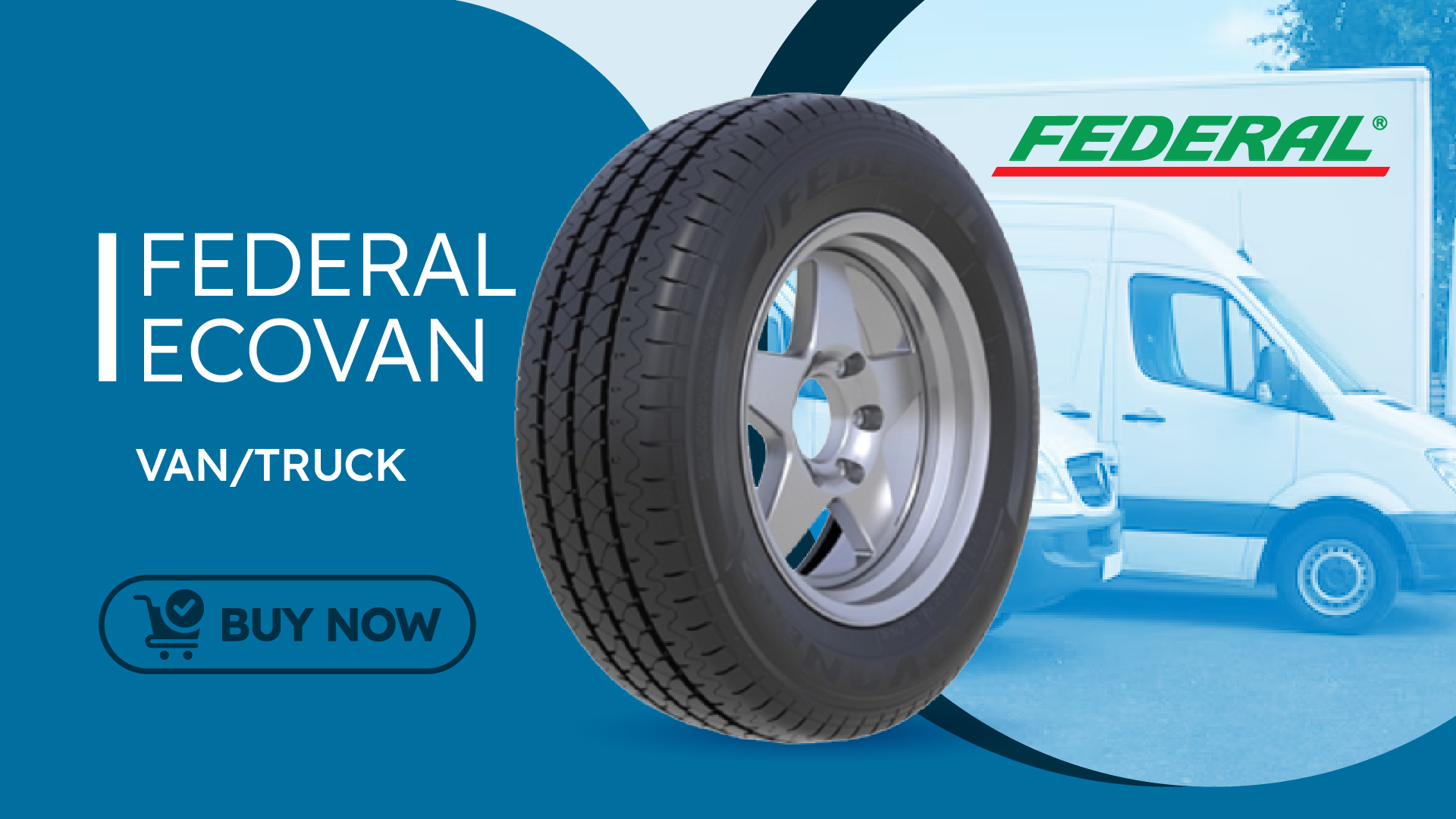
Features:
- New tread design to extend tread life
- Extra deep grooves for better braking
- Specially designed rubber reinforcements in the sidewall
- Max single load capacity of 1,873 lbs.
This tire is specially designed for small, European-style urban commercial vans. It certainly has no place on large trucks, but on small vans or motorhomes, it has just enough single-load capacity to do its job.
Regarding RV tires, this one is best suited for commercial sprinters.
Commercial Sprinter Tires
What’s a commercial sprinter?
Sprinters are commercial vans that many businesses use for deliveries, pickups, transportation, etc. Amazon uses these to make deliveries.

Some of the more popular commercial sprinter models include:
- Mercedes-Benz Sprinter (the traditional option)
- Nissan NV HD
- Ram ProMaster
- Ford Transit
You might wonder why commercial vans and their tires are listed in this RV tire guide. You might have noticed an increasing trend in using vans for recreational purposes. People are taking road trips in their sprinters or living in them on the road. Therefore, RV users must understand what kind of tires these vans need.
Speaking of tires for commercial sprinters, here are some of the best on the market.
3. Achilles 225/70R15 (Commercial Sprinter)
This tire is excellent for those who want to carry big loads without compromising speed. It’s a light truck tire designed for minivans, passenger vans, and commercial vans used in heavy-duty circumstances.
Features:
- Four circumferential tread grooves
- Super durable tread rubber
- Sidewalls with extra ply
- Speed rating of “T” (118 mph)
- Max single load capacity of 2,470
You’ll note that the tread rubber is extra durable. This leads to a longer tread life and the ability to channel more water out through the tread grooves. There’s a smaller chance of hydroplaning and a better chance of staying safe on the road.
This one is the best-suited tire for commercial sprinters.
4. Federal 225/7015 (Commercial Sprinter)
Are you on the highway for long periods with your van or small motorhome? This tire is designed for commercial vehicles that need high levels of fuel efficiency and long tread life.
Features
- Three wide circumferential grooves
- Wide shoulder steering blocks
- Two continuous ribs for better control
- Wave-shaped tread design
- Max single load capacity of 2,833 lbs.
Not only does this tire last for a long time, but it also helps vehicles reduce their fuel consumption and lower their levels of CO2 emissions. It has a short braking distance, strong water evacuation capabilities, and low hydroplaning risk.
This RV tire is one of the best suited for commercial sprinters.
5. Nokian 225/7015C (Commercial Sprinter)
This three-season light truck tire is solid and long-lasting for commercial use. Its tread pattern has been optimized for long life, and it helps reduce the vehicle’s fuel use, keeping fuel costs low and assisting commercial fleets in minimizing overhead.
Features
- Extra rubber on sidewalls to protect them from damage
- Different belts in the summit of the tire for protection
- Tread pattern optimized for long life
- Max single load capacity of 2,470 lbs
This tire can take you there regardless of where you drive: on gravel paths, unpaved roads, or regular streets. It’s highly resistant to chunking, chipping, flats, and stone drilling.
Regarding RV tires, this one is best suited for commercial sprinters.
Mid-Size RV Tires
Driving a mid-size motorhome means you’ll need to find RV tires that fall in between the smallest and most significant. You don’t reasonably need the load-bearing capabilities of Class A motorhome tires, but you still need something above the usual capacity.

Mid-size RV tires belong on many of the average RV models you’ll see, including:
- Coachmen Galleria Motorhome
- Leisure Travel Vans Serenity
- Casita Spirit
Take a look at some of the top tires that belong on mid-size RVs and motorhomes.
6. Ironman 225/70R19.5
This option is highly durable and stable as an all-season RV tire in various weather conditions. It’s best suited for commercial trucks but can also be found on motorhomes and RVs.
Features:
- Unique tread compound that offers superior handling
- 5-rib tread design for improved mileage
- Steel construction for even acceleration distribution
- Robust casing for durability and strength
- Max load capacity of 3,968 lbs.
Many RV tire reviews indicate that drivers of commercial trucks choose this tire due to its excellent grip and handling on wet and dry roads. Whatever weather conditions a delivery company might encounter, this tire can take it.
7. Thunderer 225/70R19.5 Mid Size
An all-season premium steer tire, this one is made primarily for medium-sized trucks and buses. It’s durable, resistant to wear, and can withstand long journeys in various weather circumstances.
Features:
- Steel belts that maintain tire shape
- Highly durable casing
- Strong belt carcass
- Low-rolling resistance tread compound
- Max single load of 3,970 lbs.
Other benefits of this tire include low fuel costs, high mileage, and the ability to carry heavy loads. It also has a speed rating of “M,” meaning it can go up to 81 mph.
8. Milestar 225/70R19.5 Mid Size
Designed for pickup and delivery services, this tire is a versatile option for small and large fleets that want a one-time solution for all their work.
Features:
- 5-rib tread design that’s long-lasting
- Center ribs with cross-cut sipes
- Full-depth tread for good traction
- Max single load of 3,970 lbs.
This tire has many benefits, from external edge siping that minimizes scrubbing to its enhanced traction and wear capabilities. Although it isn’t meant to go on the largest of trucks, it still has a high max-load rating and is designed to take on challenging circumstances.
If you’re shopping for RV tires, this one is best suited for mid-sized options.
9. Kumho 225/70R19.5 Mid Size
Popular amongst pickup and delivery commercial service workers, this tire is made to be durable. It resists wear well, even in high scrub applications. Even though it’s geared toward mid-sized vehicles and motorhomes, it can still carry thousands of pounds quickly.
Features:
- Can carry up to 3,970 lbs.
- Rugged, durable rubber that’s resistant to wear
- Durable ribs
- Ply rating of G/14PR
This tire can be used in all wheel positions on small panel vans, medium-duty straight trucks, and 1-ton box vans that take 17.5 “, 19.5″, and 22.5” tires.
Large RV Tires
When driving a large, Class A RV, you can’t skip on your tire size. You’ll need durable tires supporting a large motorhome and heavy cargo.

Large RV tires belong on many of the most common big RV models you’ll see, including:
- Newmar Ventana Class A Motorhome
- Entegra Aspire Motorhome
- Tiffin Allegro Bus Motorhome
Take a look at some of the top tires that belong on large RVs and motorhomes.
10. Goodyear 245/75R22.5 Pusher/Bus
This tire offers many significant benefits: long mileage, good fuel economy, and the ability to handle all seasons. Due to its excellent traction and extreme durability, you’ll often see it on big coaches and long-haul trucks.
Features:
- High-tech belt system that provides added stability
- Rated Load Range of “G”
- Max single load is 4,675 lbs
- Rubber compound that reduces cracks and damage
Are you heading out on a long haul? This tire delivers excellent comfort and reduced sway, which makes handling a breeze. Thanks to its special rubber compound, you don’t need to worry as much about heat build-up and damage.
This tire can be used on large RVs, buses, motorhomes, and diesel pushers.
11. Yokohama RY103 265/75R22.5 G/14 PR
Designed for medium and heavy-duty 2WD trucks, vans, and pickups, this tire offers superb performance that’ll. It’ll give you the luxury you want on long road trips and carry the cargo you need.
Features:
- Ply rating of G/14PR
- Carries a max load of 5,205 lbs.
- Handles all weather conditions well, except snow and ice
Because it incorporates low-profile engineering with quality construction, this tire offers excellent mileage and can potentially hold heavy cargo. Drivers of large trucks and delivery vans may choose it for its improved handling, stability, and weight limit.
This tire can be used on large RVs, buses, motorhomes, and diesel pushers.
Conclusion
Hopefully, this guide has given you the information and direction to choose the right tires for your motorhome. We want everyone to stay safe on the roads, and picking the correct Class of RV tire is a huge part!
Need help selecting your RV tires?
Contact the experts at Tires Easy – we’re more than willing to provide the perfect tires for your adventurous motorhome.
Before you hit the road, don’t miss out on these other helpful reads:
- Best RV Tires: Top 5 Tire Brands on the Market
- Cheap RV Tires: The Ultimate Guide to Affordable Adventures
- Best Motorhome Tires for a Smooth Journey
RV Tires FAQs
1. When should you check your RV or trailer tire pressure?
We recommend checking trailer tire pressure before every journey and once a month if parked to ensure proper inflation. This is one of the best ways to protect your RV tires and help them last for years.
2. When do I need to replace my RV tires?
The answer to this question depends on how often you use the tires. If you’re usually on the road with you, you might need to replace them in about three years. If you’re only driving a few times, you rear and do not put much strain on the RV tires; they could last as long as six years. Keep in mind damage from temperature extremes ages tires prematurely.
3. How can I protect RV tires?
If you’re wondering how long your RV will last and hoping to extend its lifetime, you can do a few things. Keep them safe with covers that block them from sunlight when they’re not in use. Always ensure their weight is evenly distributed to each tire. If your tires are dirty from your last trip, wash them to get any dirt, debris, or salt off the tires; this will help prevent deterioration.
4. How many miles are RV tires good for?
If cared for properly and driven under usual circumstances, your RV tires could last between 80,000 and 120,000 miles.
5. How many years do RV tires last?
The typical rule of thumb is to replace your RV tire every five to six years, depending on its frequency of use and maintenance. If you drive many miles, you may only get three years out of your tires.
-
Automotive Specialist
-
Proofreader
-
Writer




